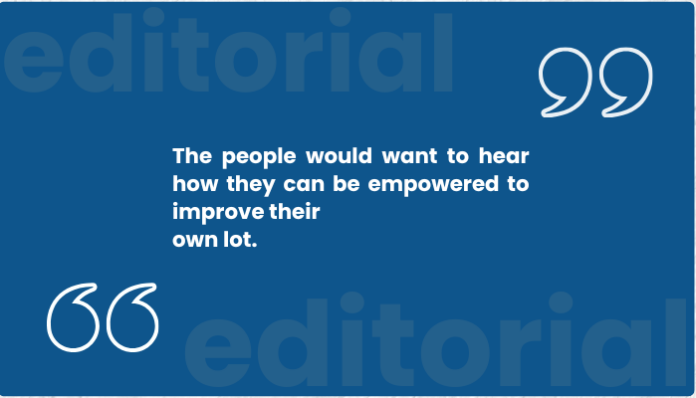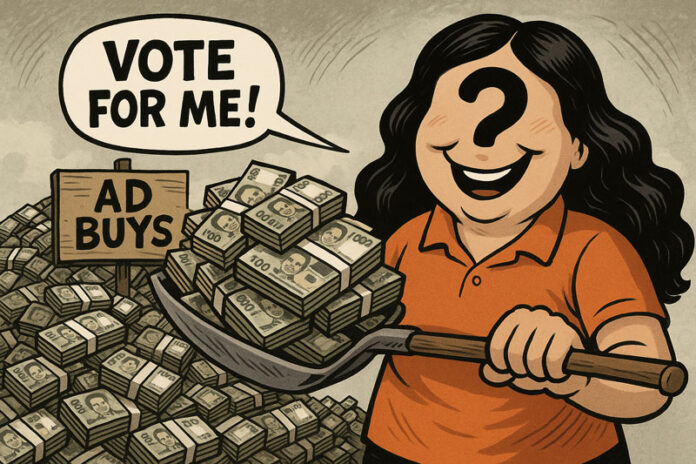In a survey conducted by the Social Weather Stations between April 11 and April 15, 55 percent of respondents rated themselves poor. This translates to 15.5 million families nationwide. Per geographic area, 70% of respondents from Mindanao said they were poor, 67% of respondents from the Visayas, 45 percent from Metro Manila.
The survey results come less than a month before the May 12 midterm elections.
The same poll said that 32 percent of families did not consider themselves poor, while another 12% said they were borderline poor.
The number of self-rated poor Filipinos continued to rise despite the slower inflation rate of 1.8 percent in March as was reported by the Philippine Statistics Authority earlier this month, bringing the average inflation rate to 2.2 percent so far this year.
Before the March 2025 inflation rate, the rise in prices had been slowing from 2.9 percent in January and 2.1 percent in February. The March 2024 number was 3.7 percent.
Meanwhile, unemployment went down to 3.8 percent in February this year from 4.3 percent the previous month, even as the number is higher than the 3.5 percent register in February 2024.
The apparent disconnect between government statistics and survey results highlights that nominal economic gains are never enough. It could be possible, of course, that the effects of lower prices or lower unemployment could manifest themselves after a few months and not immediately. Still, given the context of the elections, the incongruity is telling.
These last weeks before the elections, candidates ramp up their respective pitches to get the public to vote for them. But while controversial statements or one-time acts showing supposed generosity can earn them momentary attention, ultimately the people would want to hear how they can be empowered to improve their own lot.
No one wants to be mired in poverty or see their families go hungry. They will go for politicians who, whatever their affiliation, would be able to assure the people that they could find and keep jobs, so that they could have the wherewithal to buy their basic needs.








